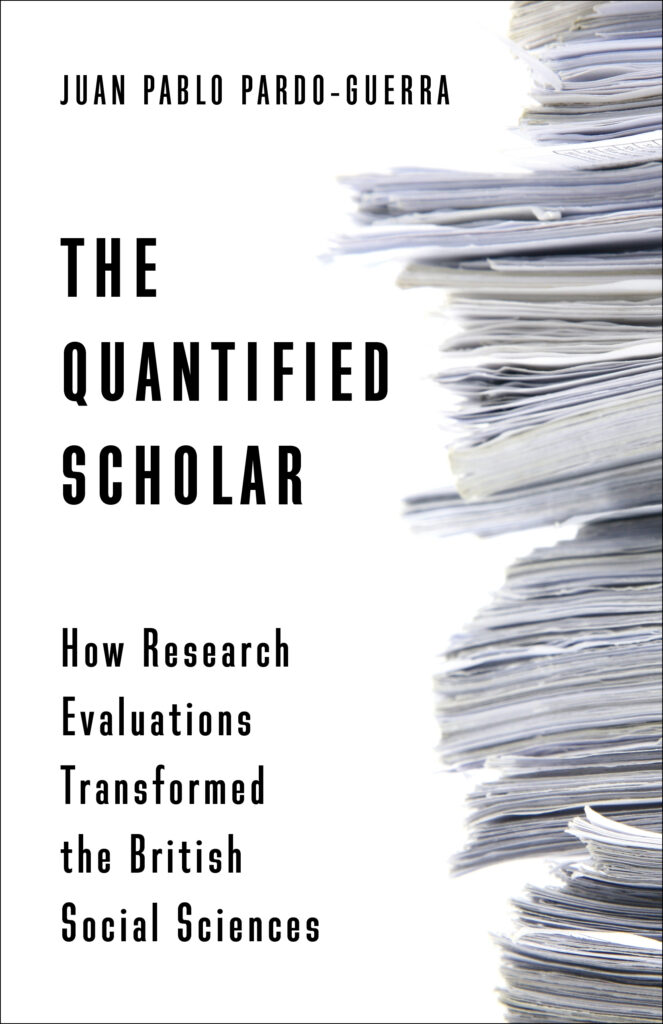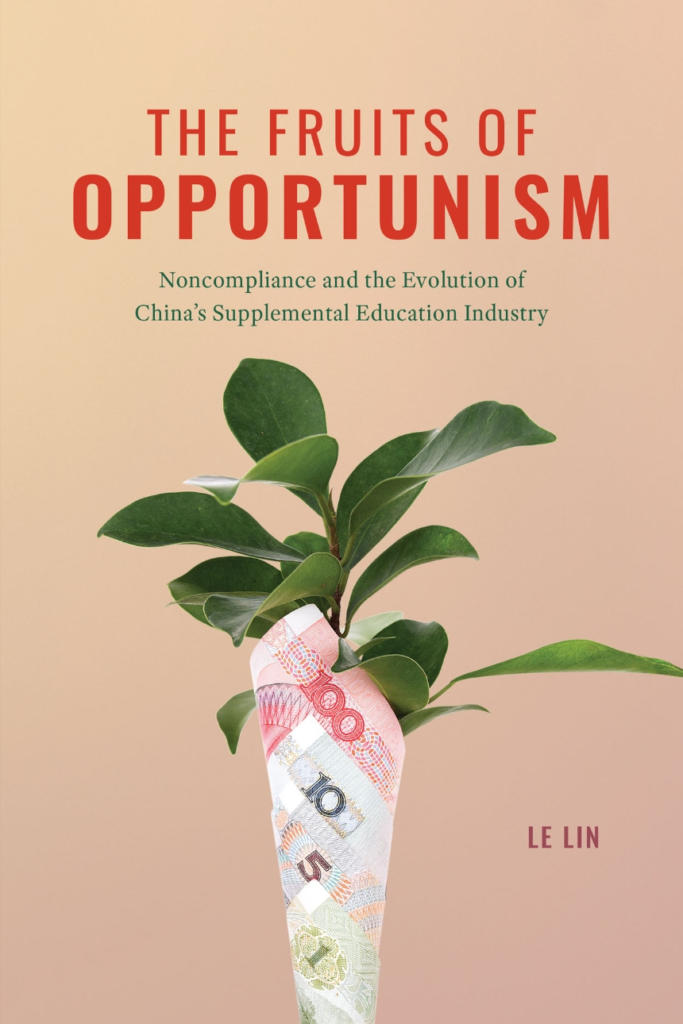
The world is facing several grand challenges. One only need look at the U.N. Sustainable Development Goals to see that, in our global society, critical barriers stand in the way of important global advancement. Climate change, societal aging, natural resource management, gender inequality, and health and well-being are some of the most important grand challenges of our time. The COVID-19 pandemic is perhaps the most salient, since it remains a “seemingly intractable” puzzle that does not offer straightforward solutions.
Addressing grand challenges requires coordinated and collaborative action toward a clearly articulated problem and goal, each calling for its own specific approach. Societal leaders need to be able to mobilize a variety of stakeholders and coordinate their efforts to secure a common goal that none could obtain without the efforts of one another. But are certain types of leaders naturally better positioned than others to successfully resolve these complex crises?
Continue Reading…








